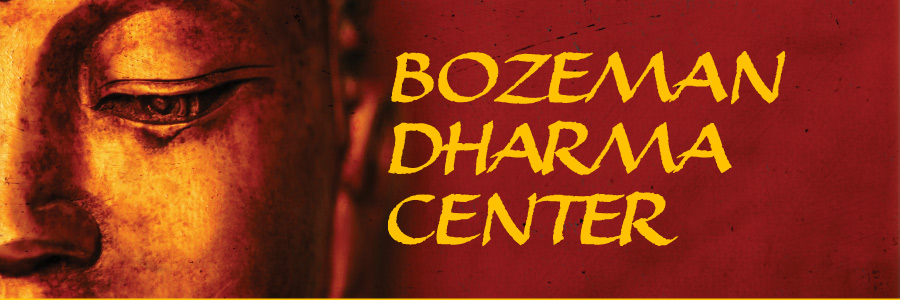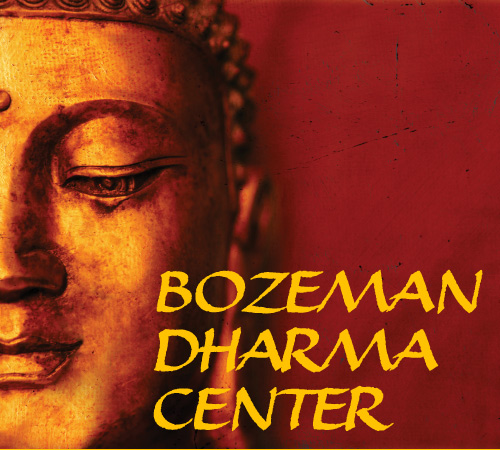Dependent Origination
February 1-3
Weekend Retreat with Carol Blotter

source: PNGtree.com
What makes me tick? Why do I keep getting caught up in behaviors that create so much suffering? Who am I really? If there is no self, who is suffering?
If you have wondered about these or other questions around how to break the patterns that cause suffering, then consider joining us for the upcoming retreat on Dependent Origination (also known as the Law of Conditionality).
This important teaching explains the creation of suffering as a looping chain of events that perpetuates craving and the illusion of a self. During this weekend retreat, we will discern how this dependently originated cycle occurs and how we get stuck in perpetuating the sense of unsatisfactoriness and the illusion of an independent permanent self. We’ll also explore two ways to break the cycle.
This is a Dharma Center offering in the Insight Meditation tradition. Registration will be over the Dharma Center’s website beginning in December.
About the Teacher

Carol Blotter has led more than 70 retreats across the United States and has taught meditation to spiritual seekers, schools, universities and medical groups over the last 18 years. Her 25+ years practice and study has led to a blending of Insight (Vipassana) Meditation and non-duality teachings. She is the primary teacher of Chelsea Meditation Group.
Since 2004, Carol’s primary teacher has been Matthew Flickstein. She has studied under Matt for 13 years, has been with him at over 60 weeklong retreats, has taken numerous 2 year-long teacher training programs and has co-led retreats with him. Carol initially studied Insight Meditation and Dzogchen with Barbara Brodsky, the founder of Deep Spring Center in Michigan.
Carol has also been involved with the Quaker tradition since 1979. She has taught about some of the mystics influencing Quakerism as well as ways to resolve conflict through building unity and deep listening practices.



